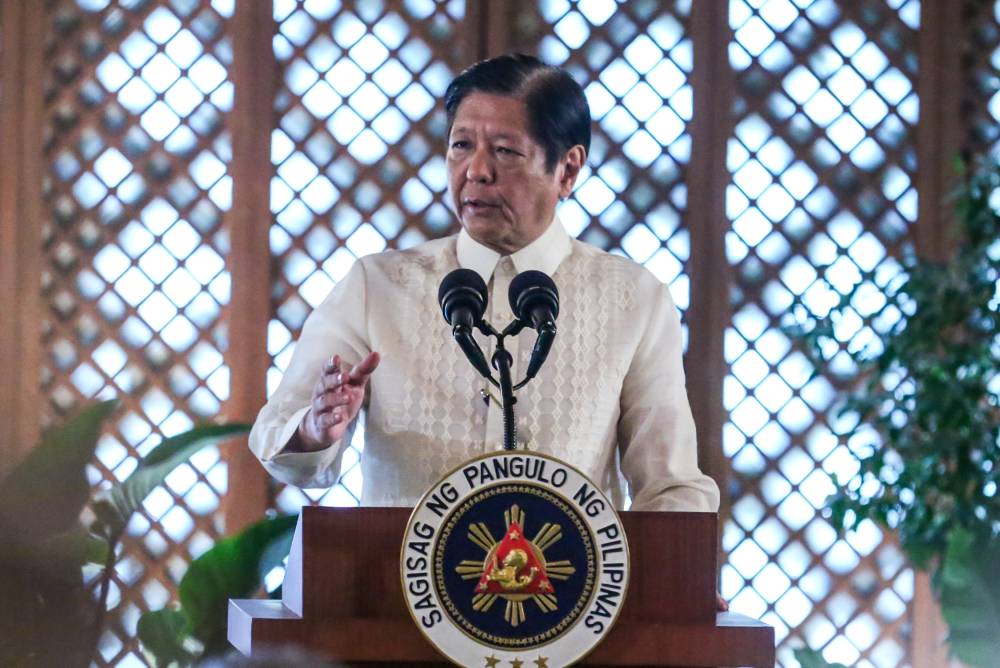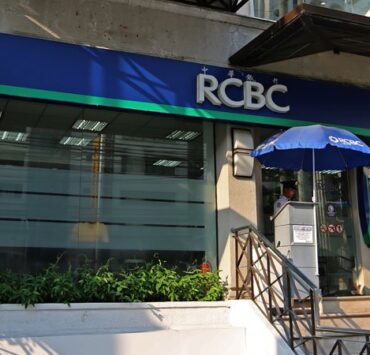Marcos admin needs new tax measures

The Marcos administration will continue to push for the passage of its remaining tax measures this year to offset the impact of a slower rate-cutting cycle on the government’s debt service burden, Finance Secretary Ralph Recto said on Tuesday.
In an interview with Bloomberg on the sidelines of the World Economic Forum (WEF) in Davos, Recto said one of the tax measures was expected to give the government an additional P300 billion in revenues in the next four years, which could help cut budget deficit and debt.
“We do have a few revenue measures in Congress right now. We expect to pass them before the end of the year. Maybe during the end of session—May to June—after the elections,” the finance chief said.
“It’s also preparing for higher interest rates just in case so that we have additional revenues,” he added.
Among the priority measures of the Department of Finance (DOF) are the value-added tax (VAT) on digital service providers (DSP); imposition of excise tax on single-use plastics (SUPs); package 4 of the Comprehensive Tax Reform Program (CTRP); rationalization of the Mining Fiscal Regime; and reform on the Motor Vehicle Users’ Charge (MVUC).
But among those pieces of legislation, only the VAT on DSP made it out of the legislative mill last year and was signed into law.
Preliminary figures from the DOF as of Jan. 16 showed the government had collected P4.41 trillion in 2024, surpassing the P4.3-trillion target receipts of the Marcos administration.
Recto had earlier said there was no need for new taxes in the country. But now he believes it’s important for the executive department to have new tax bills finally signed into law amid expectations of a slower decline in interest rates at home and abroad.
As it is, the US Federal Reserve had signaled a shallower easing this year amid persistent price pressures in America, alongside president-elect Donald Trump’s threat to impose a 10 to 20-percent tariff on all imported goods.
The possibility of fewer Fed cuts had been pushing up US Treasury yields and powering up the greenback. Late last year, the Philippine peso revisited the record-low level of 59:$1 thrice, creating some foreign exchange risks for external debts held by the government.
That said, many analysts believe that the Bangko Sentral ng Pilipinas might also have to slow down its rate-cutting cycle to avoid pressuring the peso. This suggests that borrowing costs may not go down quickly.





















